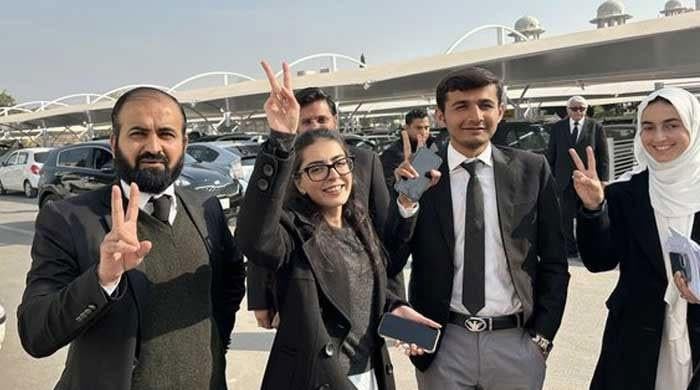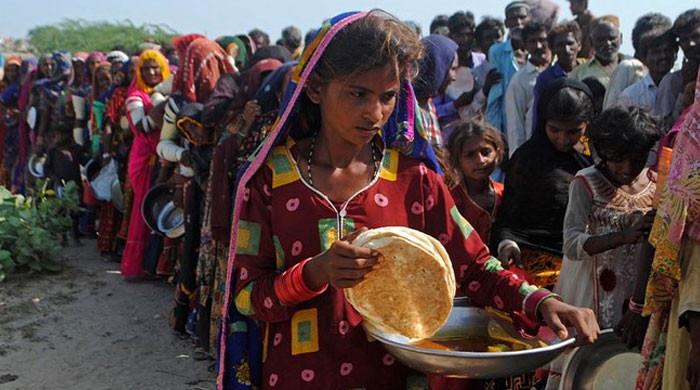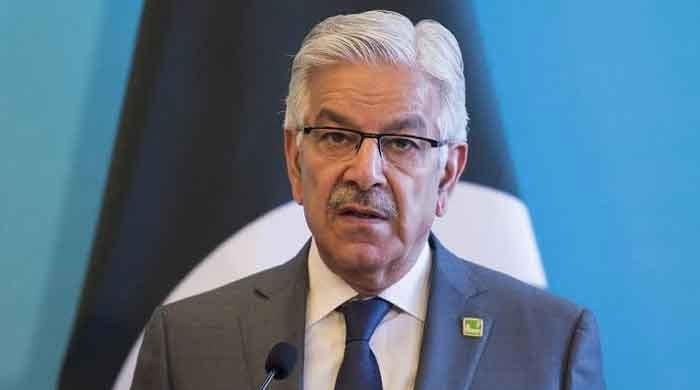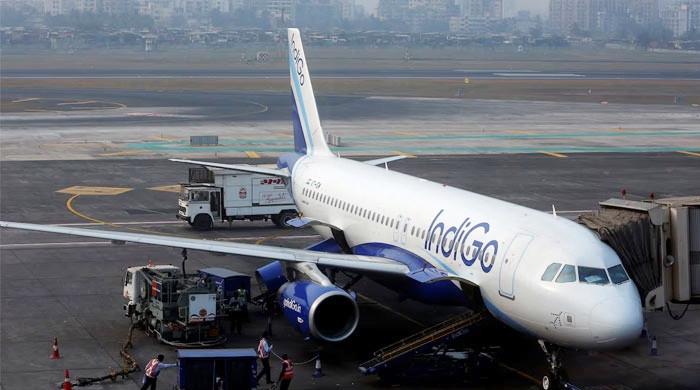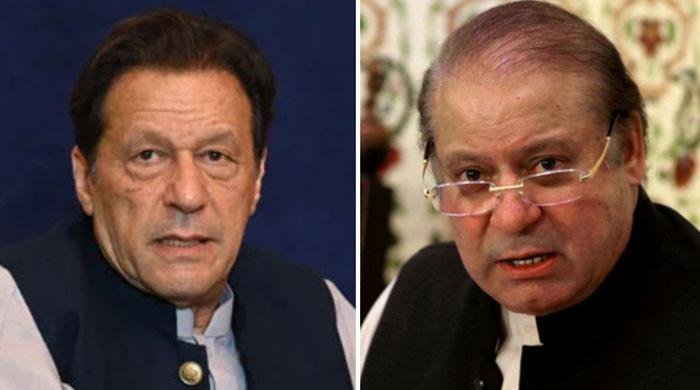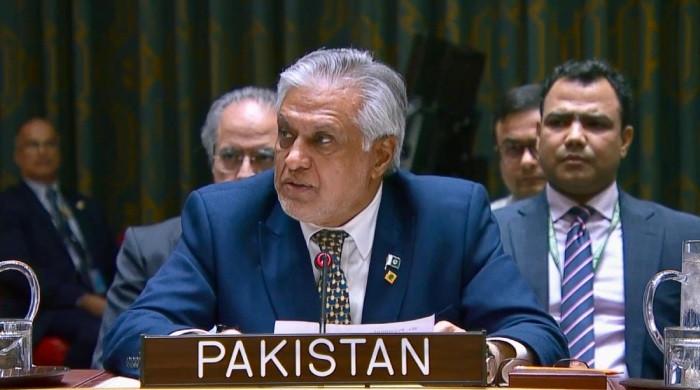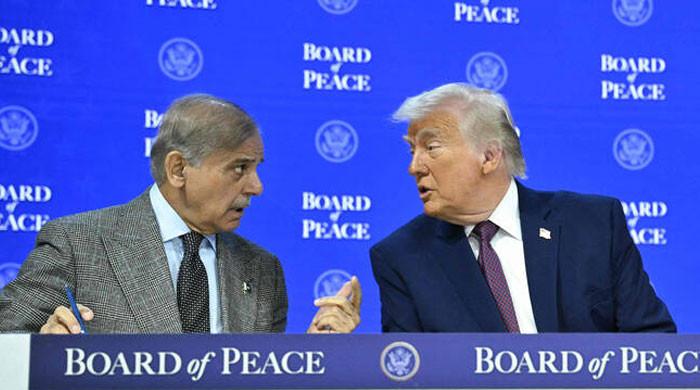Erdogan's Pakistan visit to boost bilateral ties: Imran Khan
Imran Khan said Erdogan was expected to visit Islamabad mid-February and hoped the visit would further strengthen the brotherly relationship between Islamabad and Ankara
February 02, 2020
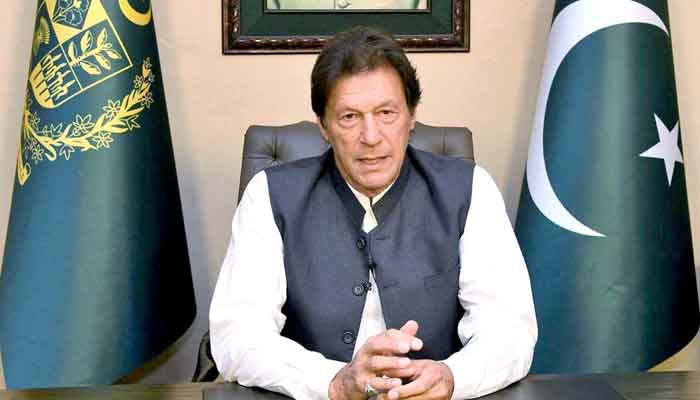
ISLAMABAD: Prime Minister Imran Khan said that Pakistan’s diplomatic efforts had played a vital role to reduce tensions in the Middle East following the recent US-Iran escalation.
“However, I think more efforts are needed and we will be trying our best,” he said, giving an interview to Turkish Anadolu Agency on Saturday.
“After the missile attack in Saudi Arabia on the oil facility, Pakistan played its part. We spoke to Saudi Arabia, we went to Iran, spoke to the US last September and October. And actually, we feel we played our part bringing down tensions. But of course, you know, there has to be some more for a permanent solution. At the moment, things are still tense. But for the time, I feel that we have averted war,” the prime minister said.
He said there was a time when it seemed that there could be a conflict. But at the moment, it looked as if things were cooling down.
Speaking about the Pak-Turkish relations, he said Turkish President Recep Tayyip Erdogan was expected to visit Islamabad mid-February and hoped the visit would further strengthen the brotherly relationship between Islamabad and Ankara.
Also read: Pakistan, Turkey mulling dual nationality agreement
Imran said both the countries had very close government to government relationship. Pakistan was grateful for the way Turkey stood with the people of Kashmir, he said. The statement by President Erdogan on the atrocities in Kashmir by a fascist BJP government was encouraging, he noted.
“So, our relationship in every way is getting stronger”, he remarked.
PM Imran said Erdogan was expected to bring along various business houses and investors who would meet their Pakistani counterparts with an aim to enhance the bilateral trade.
He said Turkey could help Pakistan in many sectors including mining, adding Pakistan also desires technology transfer from Turkey in various areas.
To a question, the prime minister said Pakistan would also like to do something to commemorate 100 years of the Khilafat Movement this year.
More: Pakistan seeks help from Malaysia, Saudi Arabia and Turkey to bolster tourism
Regarding his government’s efforts on economic front, he said his team had curtailed the current account deficit by almost 75%. The rupee had stabilized, confidence in our economy was growing, while the stock market had gone up, he remarked.
“We have a big jump in our foreign investment. So, the country is stable right now. Now, it is a question of keeping it stable. You know, it is still a struggling head. But we are out of the big crisis which we had inherited,” the prime minister added.
The next challenge for the government was to bring down inflation and start growth in the country by focusing on the affordable housing and employment sectors.
He said the government was improving governance system and ringing ease of doing business in which the country had already jumped up by 28 points. So, Pakistan would become a hub of investment if it continued on the same direction, he said.
Highlighting his government’s efforts to tackle the challenge of climate change, he said the government would plant 10 billion trees in the next four years, adding the government had decided to change the energy mix and 40% would be renewables in the next 10 years.
About the ongoing human rights violations in Indian Occupied Jammu and Kashmir, he said there was a danger what India had done in Kashmir, would not die down.
“There is going to be violence in Kashmir. There will be violence because whenever they lift the curfew, people will come out protesting against it. And when they will protest, India have 900,000 troops, which will use violence against these citizens. And we felt that this will spill over to Pakistan. And that is why the UN should act,” he remarked.
He said what was happening in India particularly after the passage of new citizenship law, was what exactly happened in Myanmar when they first started the Registration Act.
He said it would polarize India because not just the Muslims but other minorities would also stand up against it. Bangladesh was already worried because in Assam they de-registered almost two million people, he added.
To a question, Prime Minister Khan hoped that the coronavirus would be contained. “We pray for China because, you know, it is awful what they must be going through there. So, and of course, Pakistan is extending all possible help,” he stated.
Talking about CPEC, he rubbished the notions that Pakistan was getting into a debt trap of China.
Regarding Afghan peace, Imran Khan reiterated Pakistan’s stance against use of force to resolve the issues.
“So, I feel Pakistan’s role will be now to put out fires and play the role of conciliation, getting people together,” the prime minister remarked.




